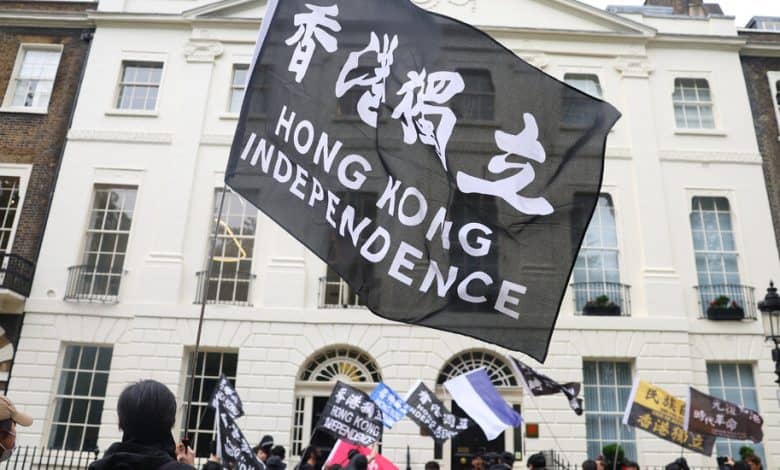Why a Tactic Used by Czars Is Back With a Vengeance

Diplomatic tensions are rising here in London. On Tuesday, the British foreign ministry summoned the Chinese ambassador for an official reprimand. The day before, the police charged three men with aiding the Hong Kong intelligence service and forcing entry into a residential address.
In a statement, the Foreign Office criticized “the recent pattern of behavior directed by China against the U.K,” and cited, among other things, Hong Kong’s issuing of bounties for information on dissidents who have resettled in Britain and elsewhere.
I’m not going to speculate on whether the three men are guilty or innocent, as their court case is ongoing. But the arrests have drawn attention to the phenomenon of “transnational repression,” in which autocratic governments surveil, harass or even attack their own citizens abroad. Last month, following a string of attacks on Iranian journalists, Reporters Without Borders proclaimed London a “hot spot” for the phenomenon.
Although transnational repression is an old practice, it appears to be gaining prevalence. Globalization and the internet have made it easier for exiles to engage in activism, and have also increased autocracies’ desire — and ability — to crack down on political activity in their diasporas.
“Everyone is online,” said Dana Moss, a professor at Notre Dame who coedited a recent book about transnational repression. “And we all have tracking devices called smartphones in our pockets.”
Is transnational repression on the rise, or does it just feel like that?
“This is a very old phenomenon,” said Marlies Glasius, a professor of international relations at the University of Amsterdam in the Netherlands. “We know that the czarist regimes, for instance, kept tabs on Russian dissidents in Paris.”
